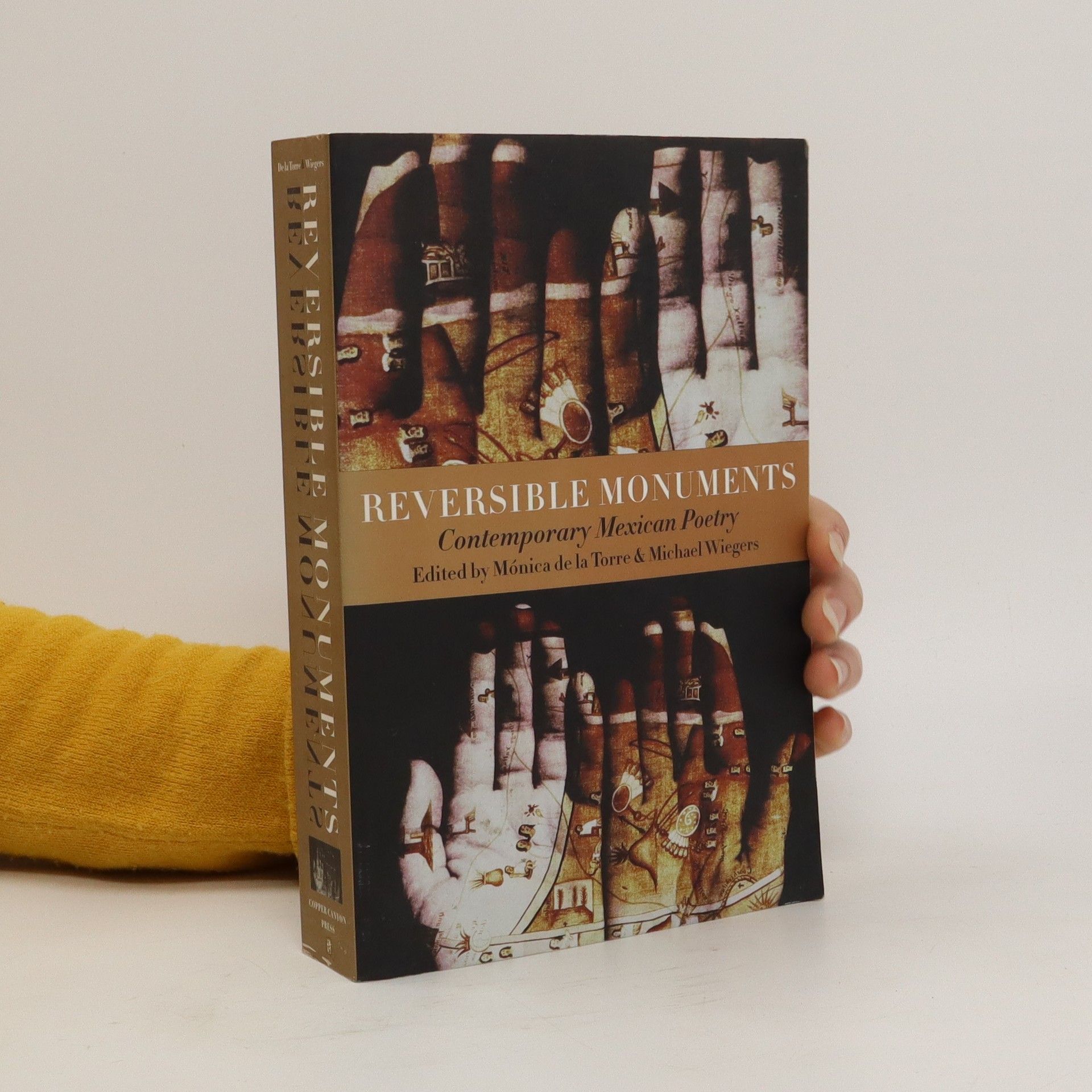Reversible monuments : contemporary Mexican poetry
- 520 pages
- 19 hours of reading
Mónica de la Torre is the author of her first book of original poetry in English, "Talk Shows." Her work often explores the intersection of art and literature, evidenced by her co-editing of "Reversible Monuments: Contemporary Mexican Poetry" and her co-authored "Appendices, Illustrations & Notes." De la Torre is also a recognized translator of Spanish-language poets, enriching literary dialogue across languages. Her editorial role at The Brooklyn Rail and her academic pursuits further underscore her deep engagement with contemporary poetry and literary criticism.


Beginning in the 1970s, Chicana and Chicano organizers utilized community radio to educate and uplift Mexican American listeners across the U.S. In rural areas, radio became the most effective medium for reaching isolated communities, such as migrant farmworkers. In Washington’s Yakima Valley, where media often favored agribusiness, community radio for farmworkers emerged as a vital resource. This work uncovers the remarkable history of one of the first full-time Spanish-language community radio stations, Radio KDNA, which began broadcasting in 1979. Through extensive interviews, the contributions of Chicana and Chicano producers, announcers, managers, technical directors, and listeners are highlighted, showcasing the station's success. Monica De La Torre intertwines these oral histories with various visual and audio artifacts, including radio programs and photographs, situating KDNA within the broader context of Chicano community broadcasting and social activism. The narrative emphasizes the development of a public broadcasting model centered on Chicana radio producers and documents the crucial role women played in establishing this infrastructure in the Yakima Valley. De La Torre illustrates how KDNA transformed community radio programming, enriching the history of the Chicano movement, women’s activism, and media histories.